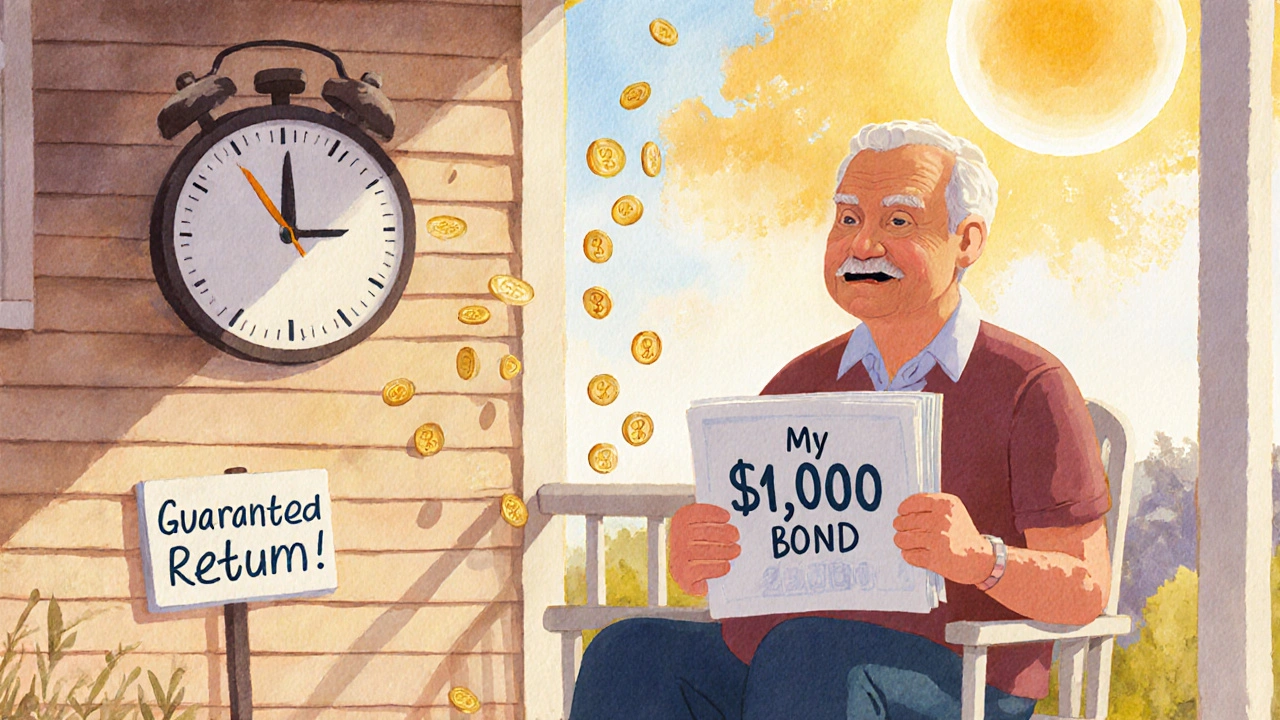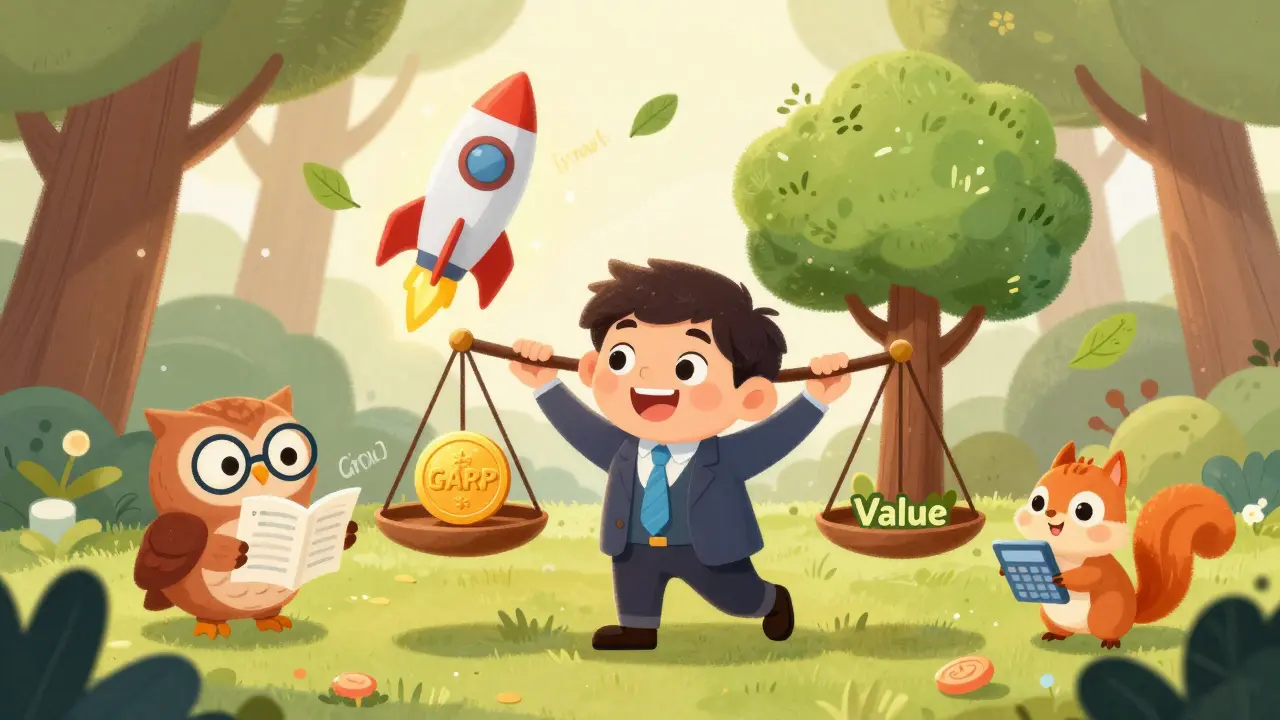Bond Funds: How They Work, What They Pay, and Where They Fit in Your Portfolio
When you buy a bond fund, a pool of bonds bought and managed together by an investment company. Also known as fixed income funds, they let you own pieces of government, corporate, or municipal debt without having to pick individual bonds yourself. Unlike stocks, which give you ownership in a company, bonds are loans you make to governments or businesses—and bond funds bundle hundreds of these loans into one easy investment.
Bond funds pay you regularly, usually monthly or quarterly, through interest payments called coupons, the fixed interest payments bond issuers make to investors. But their value can drop when interest rates rise, because new bonds paying higher rates make older ones less attractive. This is called interest rate risk, the chance that bond prices fall as market rates go up. It’s not the same as stock market crashes, but it’s still a real risk—especially if you need to sell when rates are climbing. Some bond funds focus on short-term bonds to reduce this risk; others go long-term for higher yields, accepting more volatility.
Not all bond funds are the same. You’ve got Treasury bond funds, funds that hold U.S. government debt, considered among the safest. Then there are corporate bond funds, funds that lend to companies, offering higher pay but with more chance of default. Municipal bond funds, or "munis," are tax-free for residents of the issuing state, making them popular with higher-income investors. And then there are bond ETFs, exchange-traded funds that trade like stocks but hold bonds. They’re often cheaper and more transparent than traditional mutual funds.
If you’re looking for steady income without the headache of picking individual bonds, bond funds make sense. But they’re not just "safe"—they’re a tool. Used right, they balance out stock swings in your portfolio. Used wrong, they can eat into returns when rates rise or inflation bites. The best bond funds aren’t the ones with the highest past returns—they’re the ones that match your timeline, risk level, and tax situation.
Below, you’ll find real-world breakdowns of how bond funds behave under different market conditions, which ones deliver true value after fees, and how to avoid the traps that catch most investors. Whether you’re new to fixed income or just trying to make sense of your current holdings, these guides cut through the noise and show you exactly what matters.



